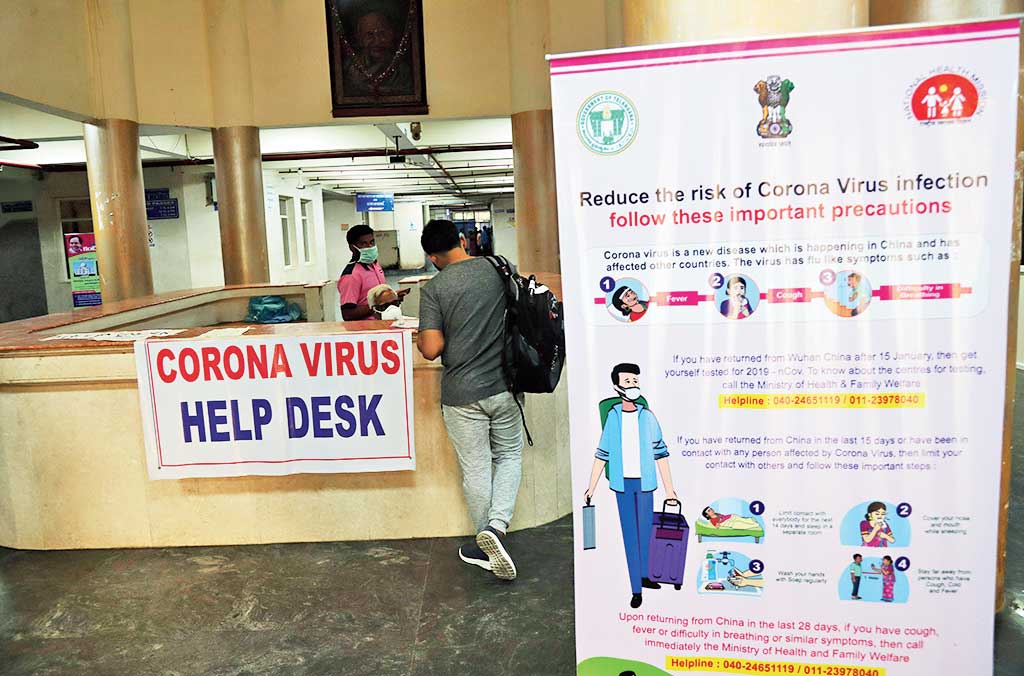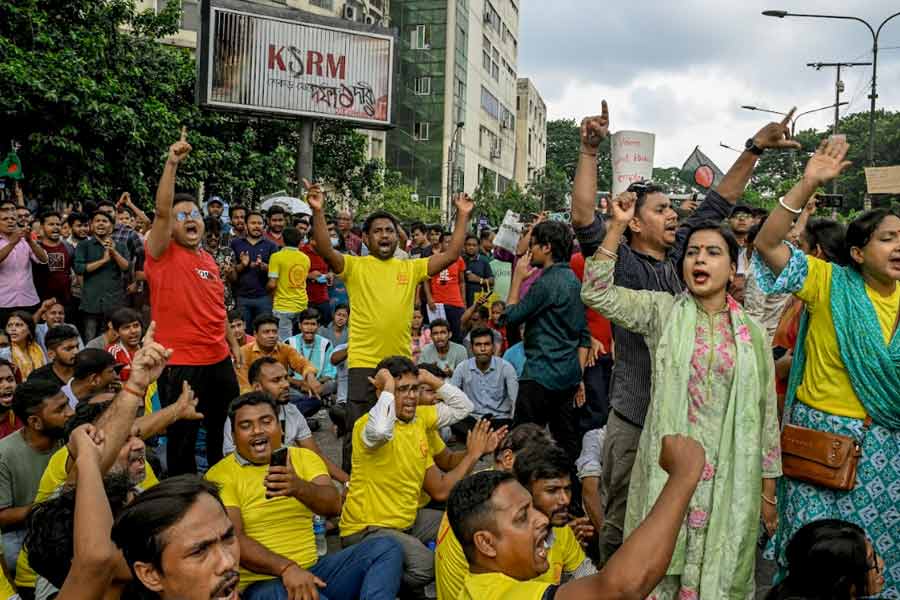The world is a small place. Even the most minor incident can trigger a chain of reactions that extends far beyond its source. In the last week of February, stock markets in the United States of America suffered their worst week since the global financial crisis of 2008. The crash has been attributed to investors’ fears about the impact of the coronavirus — it originated in a small town in China and has now affected numerous countries including India — on geopolitics and global supply chains. One reason for the fear is the all-round clampdown on information — China tried to hide the outbreak and the White House has moved to lock down the flow of information from government agencies to the public. This creates room for misinformation and panic. The first step to combat a pandemic should be to disseminate credible news about the disease. What has also been exposed by countries across the world struggling with the health, economic and diplomatic fallouts of the virus is their lack of preparedness when it comes to dealing with newer kinds of disease. This is alarming since the frequency of such pandemics is rising. Between 1980-2013, there were over 12,000 recorded disease outbreaks involving 44 million cases in every country. There is thus a case to put in place combative measures that go beyond developing vaccines and imposing trade and travel embargoes after a disease has already spread. Attention must be paid to the root cause of the exponential increase in such outbreaks. Most pandemics in recent times have started in animals and human encroachment has brought people in closer contact to wildlife vulnerable to such strains. Climate change is also a catalyst. Habitat loss is pushing animals into human territory. A warming planet also helps pathogens survive higher temperatures, including those inside the human immune system.
Preparedness is the key to survival. But the survival kit must acknowledge that the modern plague is more than a health crisis. It can cripple economies, politics and attendant events — this year’s Olympics is under the coronavirus cloud too. Interventions must, therefore, keep in mind the versatility of the crisis. Broad-action vaccines that treat entire viral families instead of single strains need to be prioritized. This kind of nimble thinking is also necessary to augment international cooperation not only in medical research but also in the spheres of trade and mobility since viruses, unlike their victims, cannot be confined by borders.













